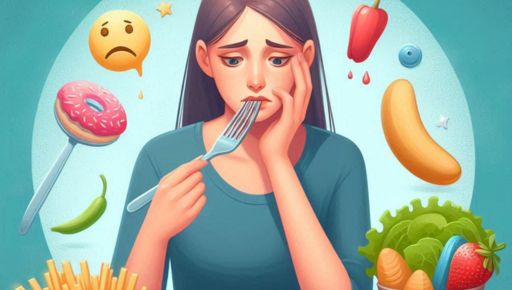
Eating disorders have a significant impact on the dental health of people; because of this, it is vital to know more about the essential effects of both treatment and the prevention of the eating disorder. The eating disorder also impacts the weight of the person since, typically, eating disorders mainly start with dissatisfaction with one’s own body and appearance and a constant desire to change the whole appearance. Visit the dentist in Port St. Lucie for more detailed analysis and consultancy.
How are eating disorders and oral health connected?
Eating disorders including anorexia nervosa, binge eating disorder, and bulimia nervosa, are some of the complex mental health situations that are mainly known for the disorders of eating habits, which primarily include severe restriction of purging and binging. Since the main focus is on the conditions that usually revolve around the body image, weight, and food intake of the person, and their impact is much more than expected, it affects the whole body system of the person. One of the most ignored topics of the consequences of an eating disorder is the effect that it has on the oral health of a person.
- Dental erosion
Dental erosion is one of the leading causes of eating disorders, and the effect of dental teeth erosion is also known as dental teeth erosion. This problem of dental erosion is mainly seen in people having the issue of bulimia nervosa, as it is seen primarily in the cases of repeated binge eating, which is followed by forced vomiting. While vomiting, the stomach acid that interacts with the teeth while vomiting really affects the enamel of the tooth.
- The deficiency of vitamin
After dental erosion, there are many other reasons for the disorders that lead to the multiple effects on oral health. Here, malnutrition is seen as the main factor in anorexia nervosa, which eventually leads to the deficiency of the multiple needed vitamins and minerals that are important to keep the teeth and gums healthy. The lack of vitamins in the body leads to tooth decay, fractures, and breakage of the teeth. Similarly, the deficiency of vitamins can also lead to the problem of scurvy, which leads to loss of teeth, gum bleeding, and further complications of the teeth.
- The dysfunctioning of the salivary gland
The dysfunction of the salivary gland is one of the other most important reasons for the complications of oral health caused by eating disorders. The problem of chronic vomiting and the impactful usage of diuretics and laxatives can cause dehydration, and it can reduce the production of saliva. Saliva plays a vital role in neutralizing acids, providing antimicrobial actions, and aiding digestion. You must take good care of your teeth as it can lead to the accumulation of bacteria, which can create a risk of infections in the teeth and gums.
- Periodontal diseases
Periodontal disease, commonly known as gum disease, is any serious issue that an individual must be concerned about with eating disorders. The lack of nutrients in the body and the intake can weaken the immune system, and it also decreases the ability of a person to fight back infections in the body and the dental area.
Frequently asked questions
How can eating disorders directly impact the oral health of a person?
Eating disorders are common problems that lead to the deficiency of nutrients in the body. It causes severe issues with the teeth and gums, which can even lead to tooth loss. It causes an effect on the overall oral health, leading to multiple dental problems.
How can people suffering from eating disorders protect their oral health?
People with eating disorders can protect their oral health by rinsing their mouths with the help of fluoride-containing mouthwash after vomiting. Maintaining good oral hygiene is essential as it can protect the overall dental health of the person.